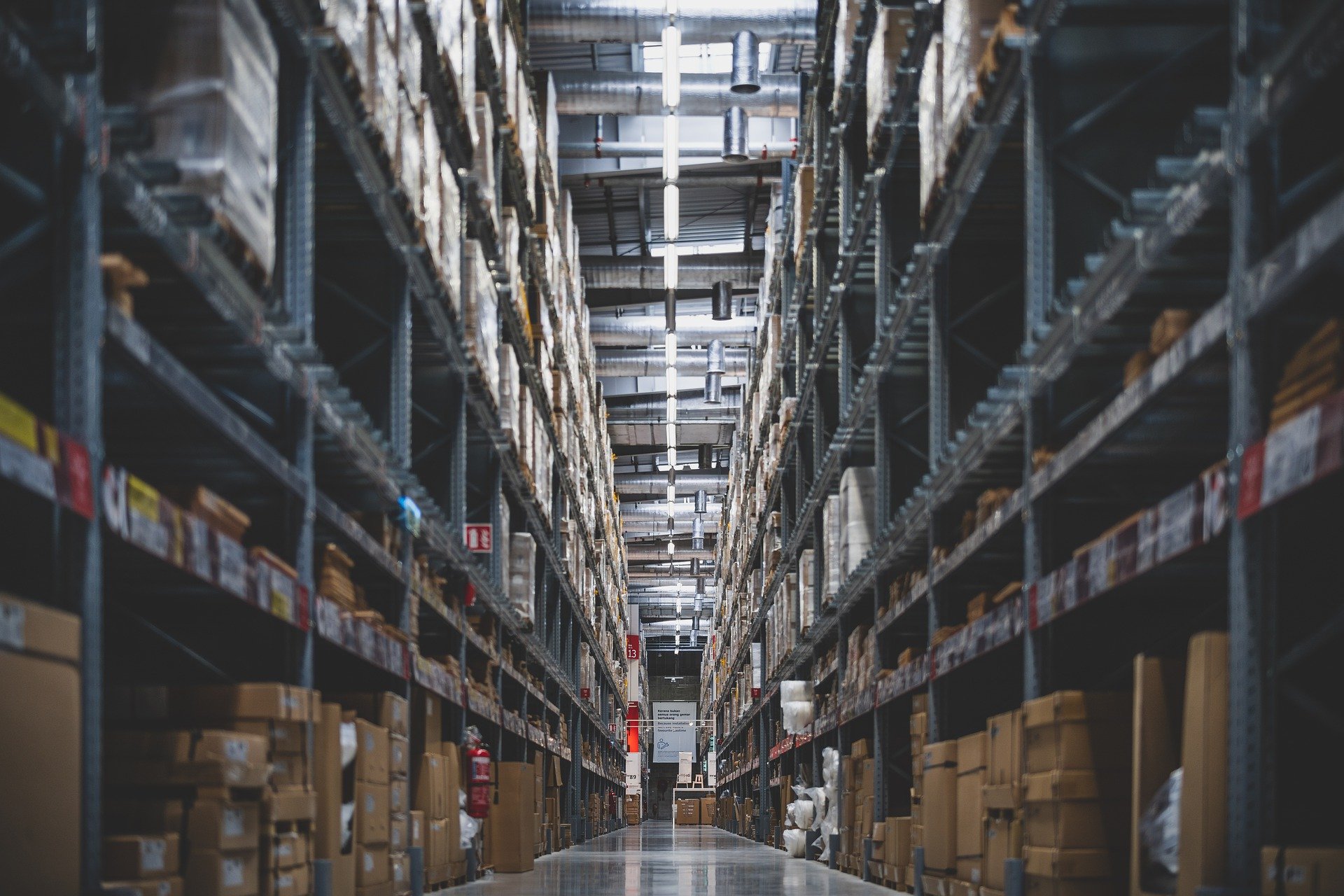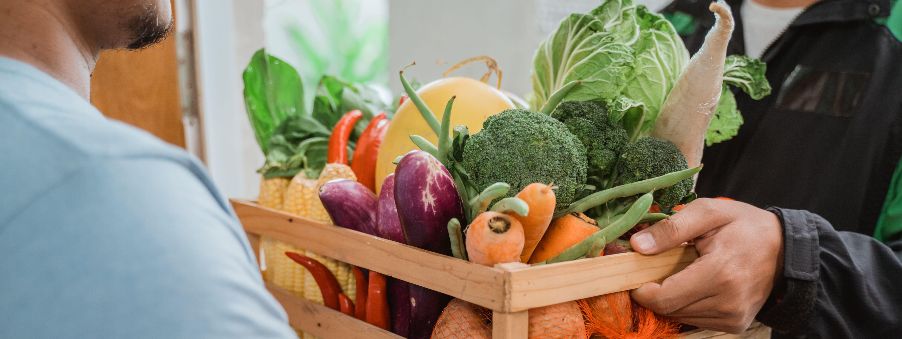Online grocery was first launched around 20 years ago, and supermarkets were obliged to provide this service to keep up with the competition, but historically it wasn’t viable. It is only since the onset of the COVID-19 pandemic that it has become consistently profitable for the UK’s largest supermarkets. Until now, online grocery sales seldom covered the actual cost of picking, packing, and delivering the products. In 2021, online delivery is now almost as profitable as shopping in-store, and this trend is set to continue. Consumers’ shopping habits have changed considerably in the past year; now that more people have discovered the convenience of online grocery, it is unlikely that they will revert back to their previous habits. What used to be a service that struggled to break even for the big supermarkets is now doing very well, and for many consumers, it’s an absolutely essential service that enriches their lives by making grocery shopping safe and simple.
In this article, we’ll look at how the online grocery service works, and why, in 2021, it is a key service that big retailers should be developing in order to strengthen their omnichannel approach.
The Customer Perspective
Instead of getting into the car with a shopping list and travelling to the local supermarket to do the weekly shop, shoppers can log onto the supermarket’s website from the comfort of their home. They pick a time slot for their groceries to arrive and then browse the product selection. Once their virtual shopping basket is brimming, they pay for the goods and are then sent a confirmation email by the retailer. All that is left to do is wait for the delivery driver to knock on the door. It is easy and effortless, and it has changed the way many consumers shop for their groceries in the UK. The advancements in technology in the last few years meant that people were already getting used to more convenient and easier ways to shop, but the virus, and its consequences for our daily lives, has heightened these expectations.

The Role of an Order Picker
The main part of the fulfilment process is completed by an order picker. The role of an order picker can be demanding. Depending on the retailer and the store, order pickers may work during the day or throughout the night. They spend the majority of their shift on their feet, walking around the shop floor and picking customers’ orders, ready for them to be taken out and delivered in the van. You’ll usually see pickers using a handheld scanner and a stack of crates, which they use to hold the products that they’ve picked.
Often, an order is picked by a member of supermarket staff in a normal store while members of the public do their shopping, and they usually work on multiple orders at once, so they need to be organised and quick. Other times orders are picked by staff in a so-called ‘dark store’ –an area attached to a supermarket that that isn’t accessible to the public – or a warehouse.
The vast majority of order pickers are human, but interestingly, Ocado uses robots with grippers that mimic a human hand, and advanced vision systems which allow them to recognise products of varying sizes and shapes.
Getting it Right
Low profitability is historically common for online grocery because the extra operation and labour costs of picking, storing, and delivering goods puts additional pressures on retailers. To deliver reliable profits, there must be tight regulation and surveillance of the work being carried out to ensure maximum efficiency. Also, food products have a limited shelf life and a high turnover, while warehouse and store capacity is limited, meaning frequent stock replenishment is essential. The foundation of a profitable online grocery operation is quality people; members of the team who can traverse the store quickly, pick the right items for multiple orders, and pack the items efficiently.

A Huge Opportunity for Retailers
Before the pandemic, there wasn’t enough market share for there to be enough drop-offs on each delivery run. However, COVID-19 has massively increased the number of people ordering groceries online. For months, shielding people were instructed not to go to the shops at all, and millions of shoppers continue to avoid visiting stores where possible. Shopping habits have changed dramatically, which has presented an opportunity for those retailers who are willing to adapt in order to take advantage. 75% of shoppers stay with the first retailer they tried online, highlighting the long-term value in getting it right from the first visit. In addition, online grocery typically attracts the most profitable customers: dual-income households, customers who prioritise convenience over price or promotions, and big-spending customers. The retail industry is currently undergoing unprecedented upheaval due to the changes in the way consumers shop, and it is those retailers with a formidable online operation, supported by quality people, who will emerge victorious.
RMS is one of the UK and Ireland’s leading providers of merchandising and retail support services. We can provide our retail partners with order pickers to support their online grocery operation, or alternatively provide entire teams of skilled, flexible pickers.
